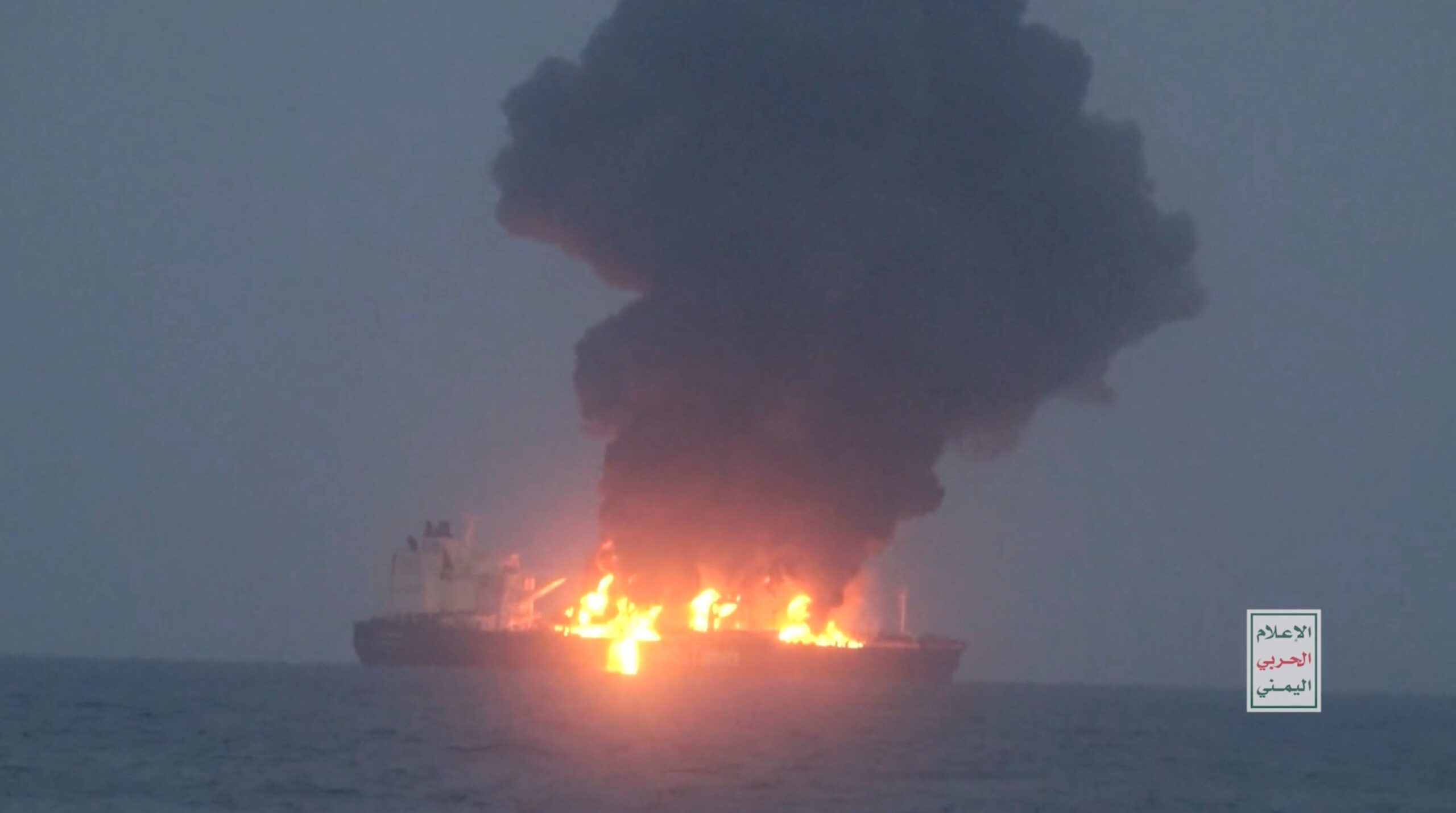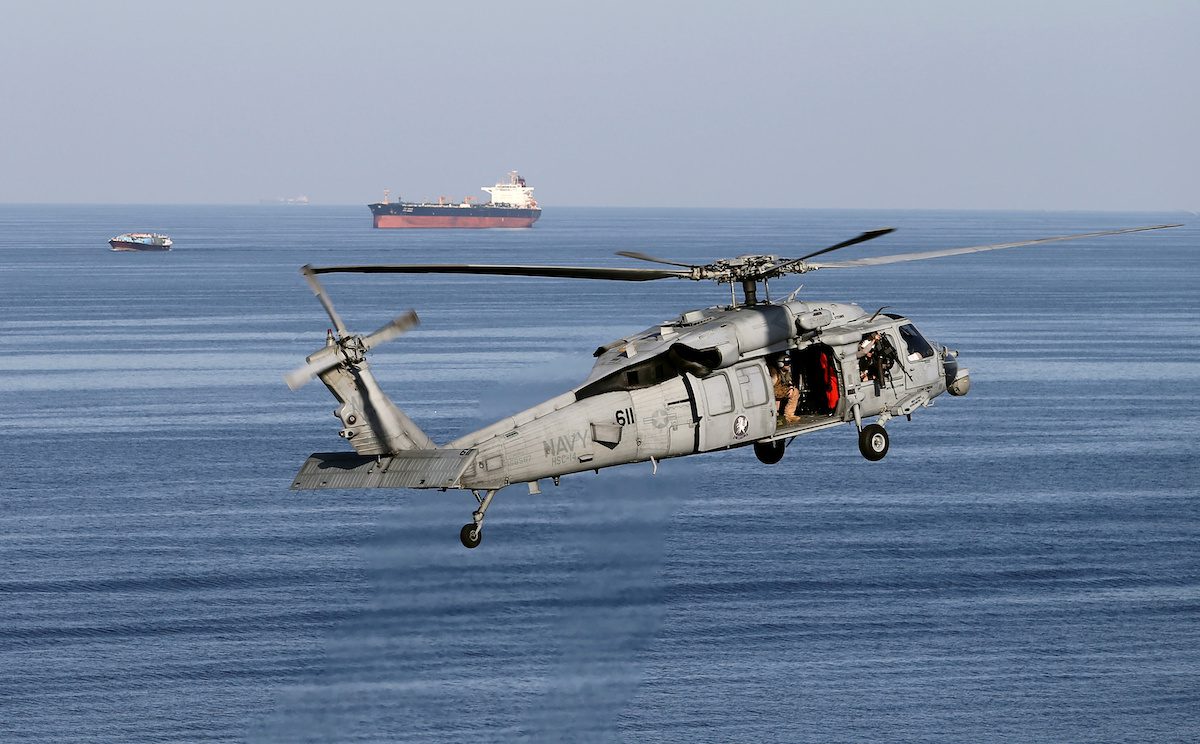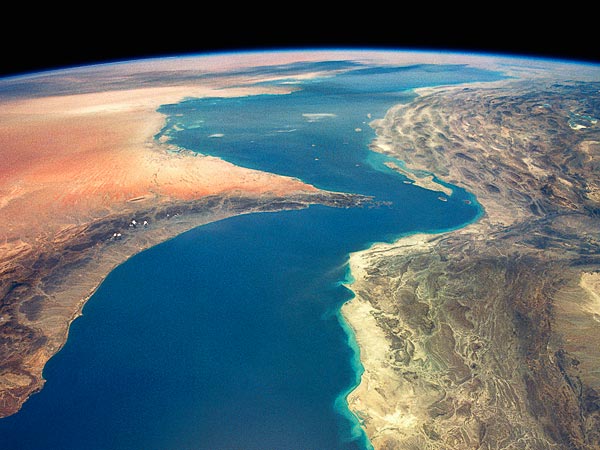Most vessels are breaking speed limits to protect critically endangered North Atlantic right whales, threatening the extinction of the species, according to a new report released by the ocean conservation group Oceana.
Oceana looked at vessel speeds in federally-established speed zones along the U.S. Atlantic coast from 2017 to 2020 and discovered that non-compliance was as high as almost 90% in mandatory areas and 85% in voluntary areas.
North Atlantic right whales are one of the world’s most endangered whale species on earth with only about 360 remaining. Because of their migratory patterns close to ports along the eastern seaboard, collisions with ships are one of two leading causes of injury and death for the animals. Studies have found that slowing vessel speeds reduces a North Atlantic right whale’s risk of death from ship strikes by between 80% to 90%.
To combat the problem, NOAA has established both mandatory seasonal 10 knot speed zones, where the whales are anticapated, and voluntary measures that asks ships to slow down to 10 knots when a whale is spotted.
“Vessels are speeding, North Atlantic right whales are dying, and there’s not enough accountability,” said Whitney Webber, campaign director at Oceana. “Oceana’s analysis shows that speeding vessels are rampant throughout North Atlantic right whales’ migration route, all along the East Coast, and in both mandatory and voluntary speed zones. North Atlantic right whales are dying from vessel strikes and NOAA must take action to prevent this.”
According to Oceana’s report, the highest level of compliance with both mandatory and voluntary 10-knot speed limits was only two-thirds, near Cape Cod, Massachusetts. At worst, almost 90% of vessels violated the mandatory 10-knot speed limit in the Wilmington, North Carolina, to Brunswick, Georgia.
Oceana’s analysis used data from Global Fishing Watch, an international nonprofit organization founded by Oceana in partnership with Google and SkyTruth. It also analyzed self-reported vessel speeds and location data to track vessel speeds and positions in conservation areas. In releasing the report, Oceana is now calling on NOAA to immediately revise and expand vessel speed regulations and step up enforcement.
“Killing even one is a problem, as scientists estimate that even a single human-caused North Atlantic right whale death a year threatens the species’ chances of recovery. If NOAA is serious about its mandate to save North Atlantic right whales from extinction, speed zones must be designated in the areas where whales currently are, and they must be enforced. Until speed zone rules are mandatory and violators held accountable, North Atlantic right whales will continue to die on NOAA’s watch,” said Webber.
Others highlights from the reported included that two-thirds of violators operated under foreign flags and cargo ships were the least compliant vessel type. The report showed the worst offenders were flagged to the United States, Panama, Marshall Islands, Liberia, Germany, and Singapore.
Commercial fishing, specifically lobster and crab, also poses a threat to North Atlantic right whales and NOAA is in the process of preparing new regulations aimed at reducing whale entanglements in fishing gear.

 Join The Club
Join The Club










